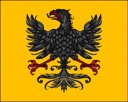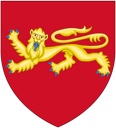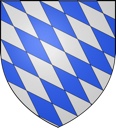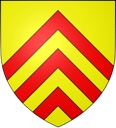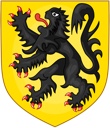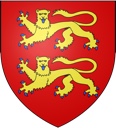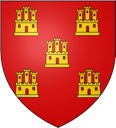The name William Marshal sounds ordinary enough and could belong to any unremarkable Englishman. The chances are that you do not associate it with anyone of note. Yet William Marshal – or William the Marshal – was one of the greatest men ever to have lived and arguably the greatest ever Englishman.
At liberty, he made a living out of winning tournaments. Tournaments were at that time dangerous – often deadly – battles, far from the showy jousting contests that they would later become late on. Money, armour, horses and valuable prizes could be won by capturing and ransoming opponents. William’s record on the tournament circuit became legendary. No modern counterpart exists, but some idea of his fame and presige might be imagined by combining the world's most famous footballer with the world heavywieght boxing champion and equestrian Olympic gold medalist.
Although inexplicably omitted from schoolroom history he has a dozen claims to fame. He unhorsed Richard, the future King Richard I, the Lionheart, in battle and spared his life. He loyally served five Plantagenate kings, including Richard his erstwhile enemy, who had the sense to recognise Marshal's qualities.
He defeated over 500 opponents in single combat, knighted two kings, ruled England as Regent, beat a powerful French army on English soil, saved the kingdom of England, and earned the respect of Europe. He was called “The Flower of Chivalry”. Stephen Langton, the Archbishop of Canterbury, described him as the "greatest knight that ever lived". Every king and great nobleman in Europe had an officer called a marshal, but by the time of his death in 1219 the whole of Europe knew William as “The Marshal" |


 John Fitzgilbert , Marshal of the Horses
John Fitzgilbert , Marshal of the Horses Sibyl De Salisbury
Sibyl De Salisbury Isabel De Clare, 4th Countess of Pembroke
Isabel De Clare, 4th Countess of Pembroke Isabel Marshal
Isabel Marshal Birth
Birth Mission
Mission Nobility Title
Nobility Title Occupation
Occupation Occupation
Occupation Occupation
Occupation Occupation
Occupation Marriage
Marriage Occupation
Occupation Nobility Title
Nobility Title Mission
Mission Occupation
Occupation Military Award
Military Award Occupation
Occupation Death
Death
